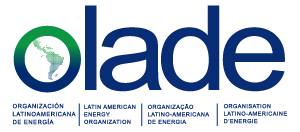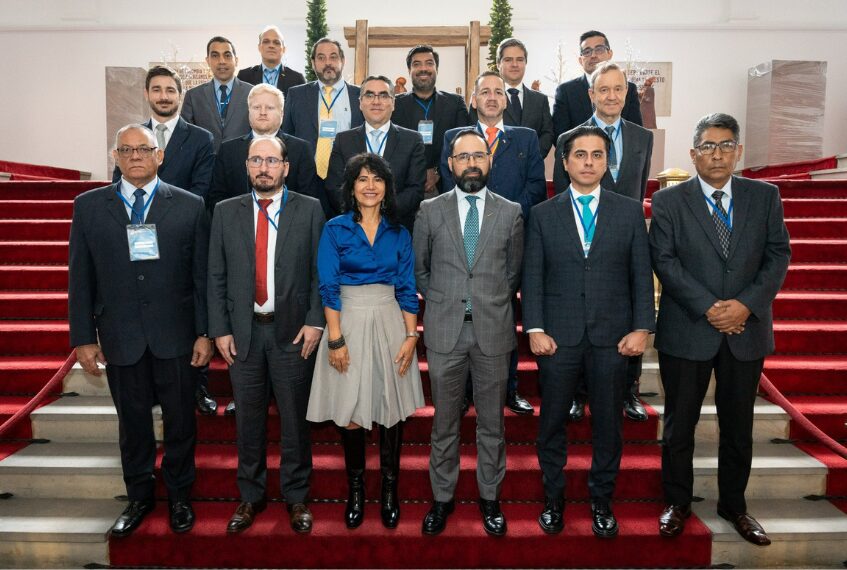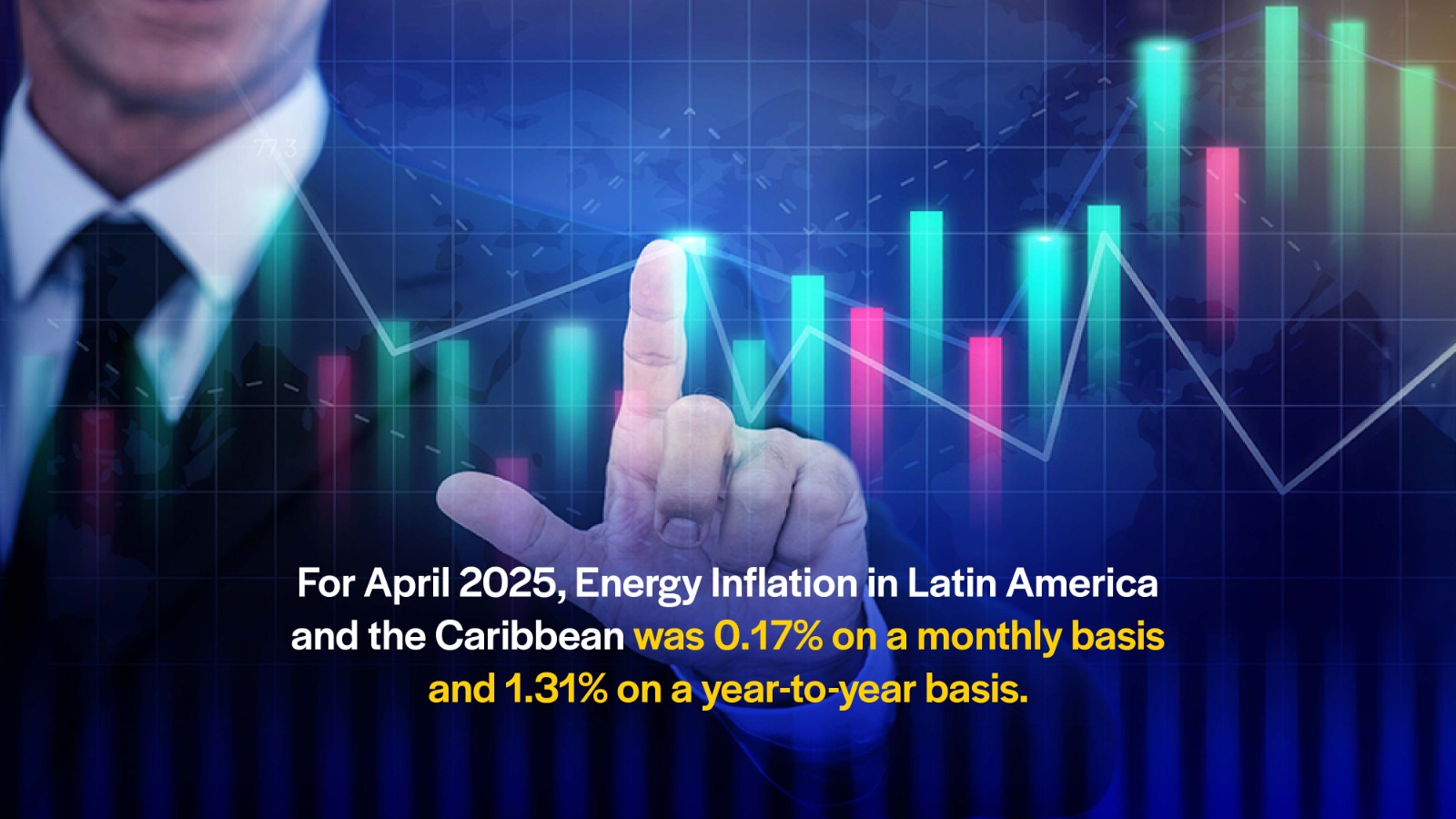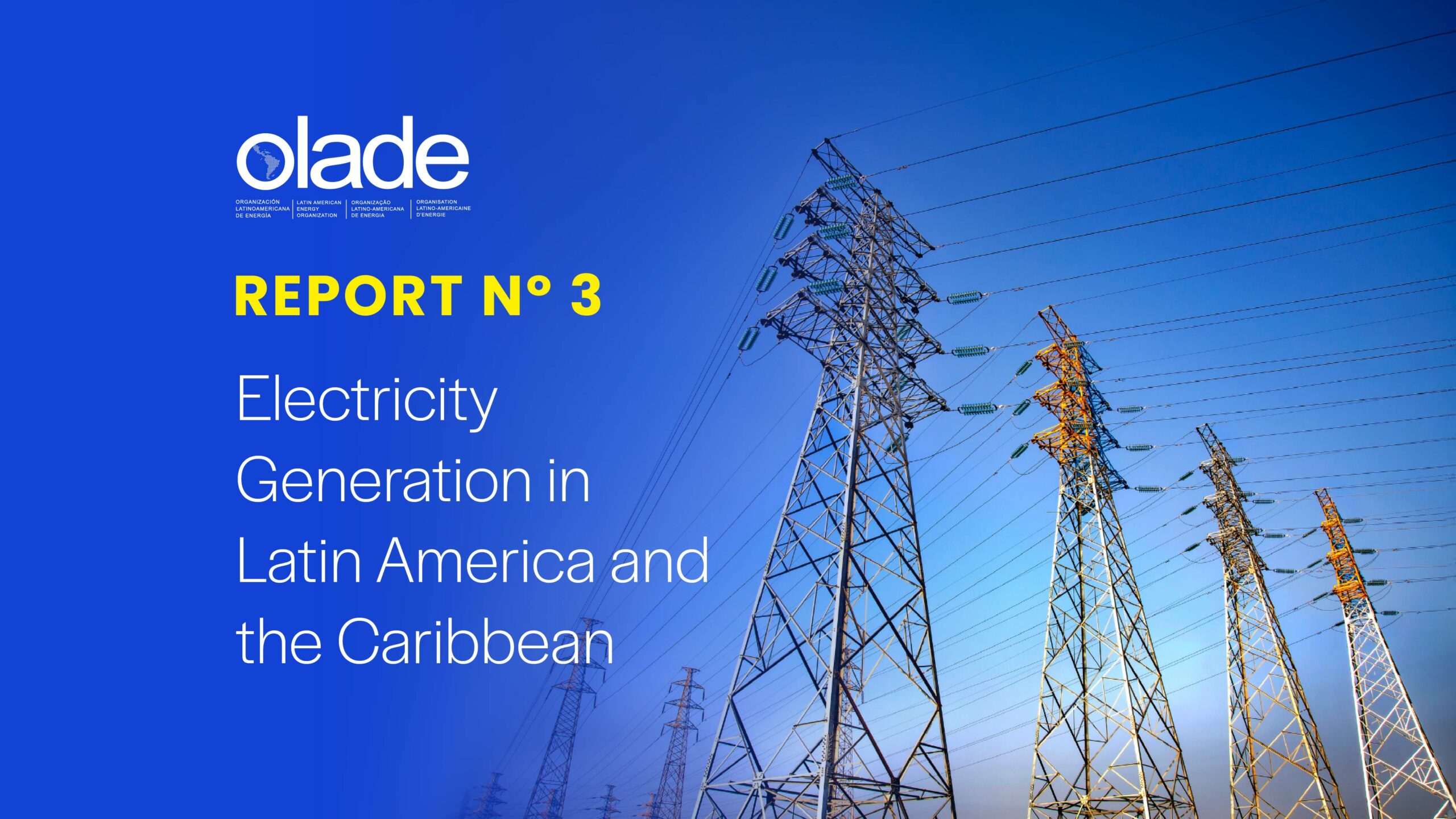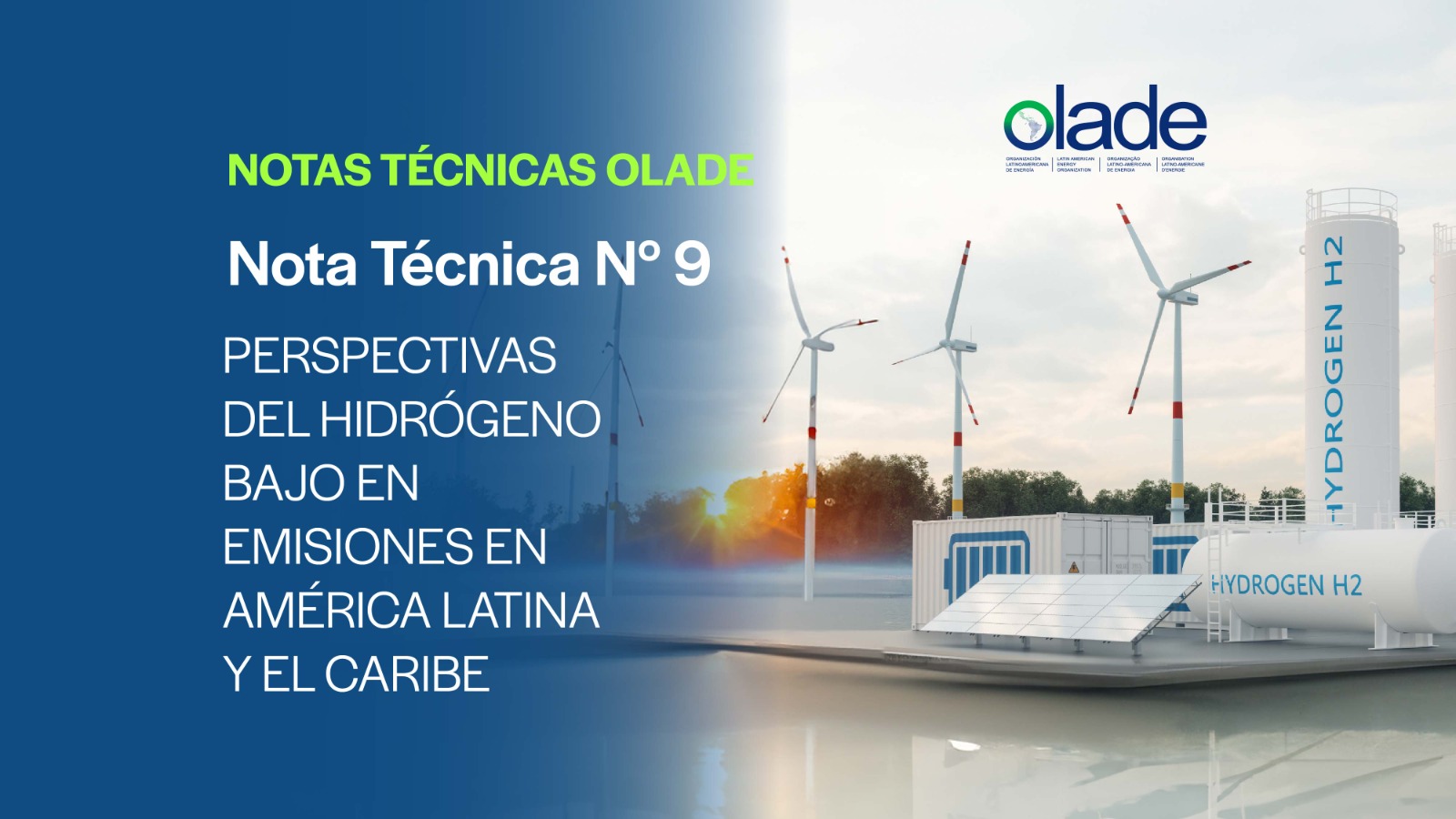Energy leaders and experts gathered at the Palace of San Carlos, Bogotá, as part of the “Brasilia Consensus,” an integration mechanism aimed at strengthening ties among South American countries.
During the context of the Meeting of Ministers of the Latin American Energy Organization (OLADE), Ministerial Decision LIV/D/576 was adopted, establishing the creation of the Regional Energy Planning Council. This new body will be crucial in advancing energy planning with technical support from the Economic Commission for Latin America and the Caribbean (ECLAC), reaffirming the member states’ commitment to strengthening dialogue and cooperation in the energy sector.
The event identified priority areas designed to promote sustainability, inclusion, and resilience in regional energy matrices, highlighting the importance of electrical and gas integration as essential elements to achieve these objectives.
Key Presentations and Debates
During the meeting’s activities, countries had access to presentations and studies, including:
- Perspectives on South American electricity interconnection.
- Report on the regulatory status of the electricity market in regional countries.
- Analysis of Andean electricity interconnection.
- Report on the status of gas integration in South America.
- Institutional energy planning infrastructure of regional countries.
- Colombia’s case study: Transmission Mission and the Colombian Geovisor for Electricity and Hydrocarbons Infrastructure.
Additionally, a roundtable on Regional Energy Planning was held, where representatives from each country shared their positions, priorities, challenges, and opportunities related to energy integration.
Notable Contributions and Participation
The opening ceremony was led by Engineer Omar Camacho, Colombia’s Minister of Mines and Energy. He emphasized his country’s commitment to regional energy integration as a key strategy to address climate change and advance sustainable energy transitions. Among the challenges mentioned, he stressed the importance of consolidating a continental energy market, promoting infrastructure projects to connect regional blocks, and ensuring cooperation for a fair transition to clean energy.
Ambassador Margarita Manjarrez, Director of Regional Integration and Consultation Mechanisms, reaffirmed her country’s commitment to regional energy cooperation.
Meanwhile, Andrés Rebolledo Smitmans, Executive Secretary of OLADE, underscored the importance of this meeting as a space to strengthen subregional energy cooperation and define joint actions for Latin America and the Caribbean. Rebolledo emphasized that energy integration is crucial for security, competitiveness, and transitioning to renewable energy. “Today, with aligned political will, we will move toward regional planning that benefits all of Latin America and the Caribbean,” he stated.
Rodrigo Peñailillo, CAF representative in Colombia, highlighted the role of development banks in implementing sustainable energy projects, noting that “CAF is a committed ally in the energy transition to achieve comprehensive development.”
Towards a Sustainable Energy Future
The Regional Energy Planning Council will be established as a forum to coordinate policies, promote consensus, and facilitate the exchange of information and best practices. Its objectives include:
- Implementing planning tools such as long-term energy scenarios.
- Analyzing energy balances and integrated evaluation models.
- Supporting energy transitions through coherent and sustainable strategies.
This meeting represents the region’s commitment to work together to ensure a secure, sustainable, and accessible energy supply for all citizens.
